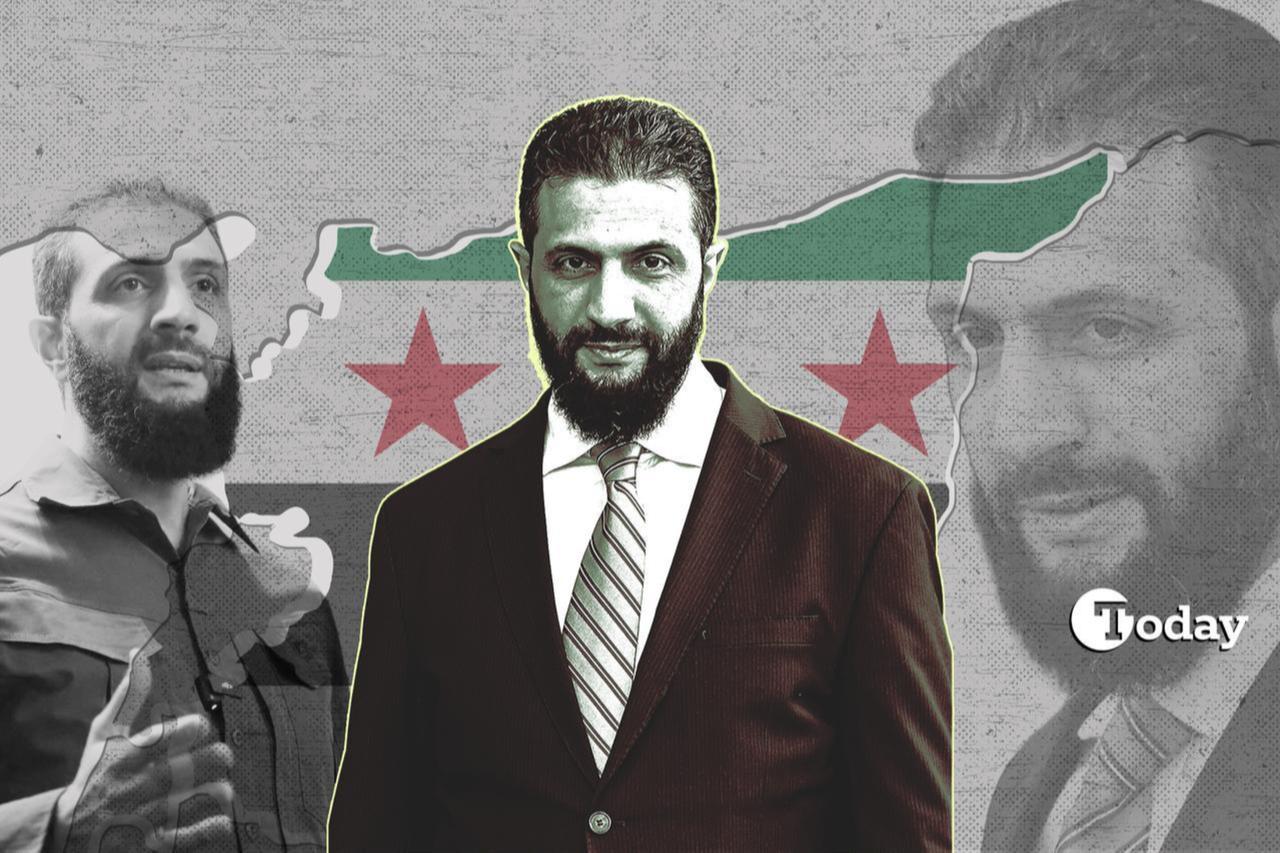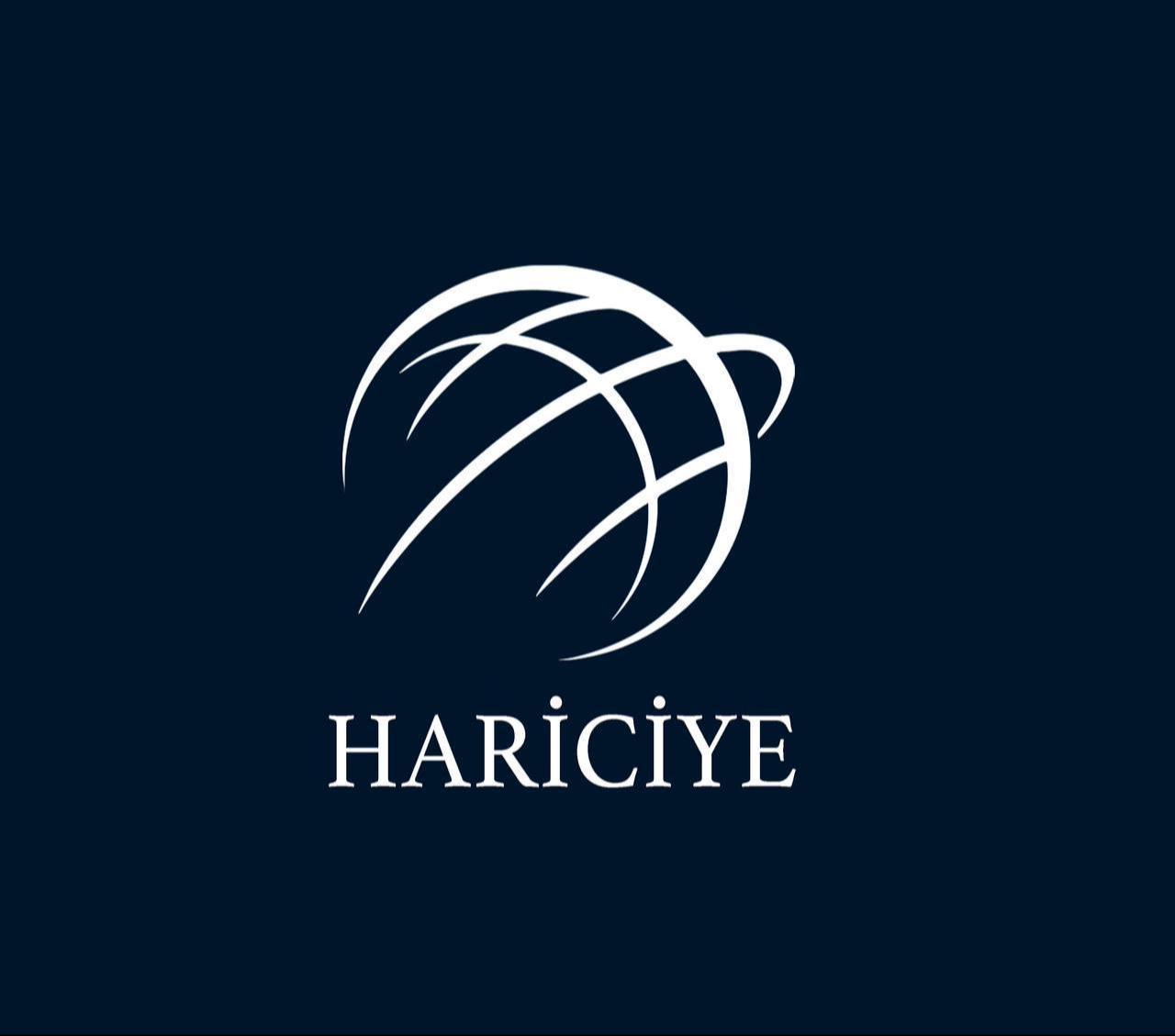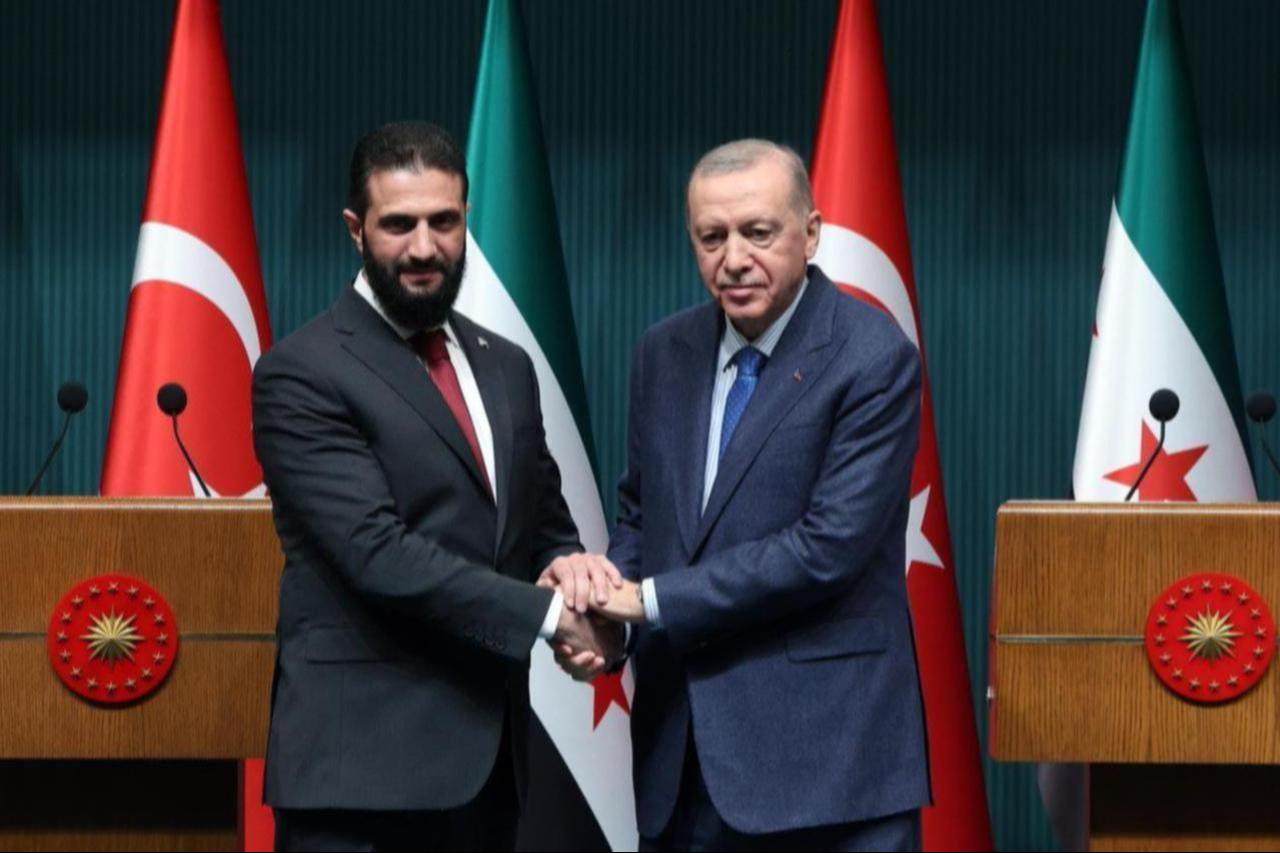

The fall of Bashar al-Assad in December 2024 has thrust Syria into a precarious yet pivotal moment. After more than a decade of devastating civil war, the transitional government led by Ahmed al-Sharaa in Damascus is grappling with a fractured nation, remnants of the old regime, and the persistent threat of radical groups. Amid this uncertainty, Israel, under Benjamin Netanyahu, faces a critical choice: to continue its cautious, often aggressive posture, or to seize a rare opportunity to foster regional stability by supporting Syria’s new leadership.
The challenges facing Sharaa’s administration are immense. Pockets of Assad loyalists, particularly in the Alawite-dominated coastal regions of Latakia and Tartus, continue to destabilize the fragile peace. In March 2025, coordinated attacks by these remnants killed over 100 Syrian security personnel and ignited sectarian massacres that claimed hundreds of civilian lives, including Alawites targeted in retaliatory violence.
Government forces managed to suppress these clashes by early April, but the incidents highlight the enduring capacity of Assad’s supporters to sow chaos. If al-Sharaa fails to consolidate power, these groups could reorganize, potentially reviving Iran’s so-called Shiite Crescent—a strategic corridor from Tehran to the Mediterranean that once funneled weapons and resources to Hezbollah, threatening Israel’s northern border, and destabilizing the Levant Coast.
The risk is not merely local. A resurgence of these loyalists could rekindle Iran’s influence in Syria, rearming proxies like Hezbollah and restoring the Axis of Resistance. For Sharaa, neutralizing these remnants is not just a matter of domestic control but a critical step toward preventing the return of a regional threat that has long haunted Israel and its neighbors.
Compounding the challenge are radical groups that have outlasted the defeat of Daesh. As of 2025, the United Nations estimates that Daesh maintains approximately 2,500 active fighters across Syria and Iraq, with attack frequency doubling between 2023 and 2024. The group has exploited the chaos following Assad’s ouster, attempting to breach prisons holding 10,000 suspected militants and their families in SDF-controlled northeastern Syria. These efforts, if successful, could unleash a new wave of violence, threatening not only Syria but also neighboring Jordan, Iraq, and beyond.
Sharaa’s government has demonstrated a commitment to counterterrorism that aligns with Western and Israeli interests.
A stable Damascus could serve as a bulwark against terrorist resurgence, preventing the establishment of safe havens that once fueled cross-border attacks.
Despite these challenges, Sharaa has shown remarkable pragmatism in steering Syria toward stability. Since assuming power, his administration has prioritized building a unitary state, a daunting task in a country fractured by years of war. In January 2025, he dissolved the Hayat Tahrir al-Sham (HTS) militia, once a dominant force in Idlib, and integrated its fighters into national institutions.
This move signaled a shift from factionalism to centralized governance. In March 2025, Sharaa secured a landmark agreement with the SDF terrorist group, incorporating Kurdish-held territories into the national framework and establishing joint border controls to combat Assad loyalists and extremists. These steps represent significant progress toward unifying a nation long divided along ethnic and sectarian lines.
Perhaps most notably, Sharaa has distanced himself from his extremist past. Once linked to al-Qaeda through HTS, he began breaking ties with global terrorism in 2016, focusing instead on local governance and minority protections in Idlib. In a bold declaration in 2025, he publicly rejected al-Qaeda and the Muslim Brotherhood, calling them “relics of past failures” and vowing to dissolve any Brotherhood-linked groups in Syria. This pivot prompted the United States to revoke HTS’ terrorist designation in July 2025 and lift sanctions in June, signaling international recognition of Sharaa’s moderation. These actions not only isolate radicals but also create a Syria less hospitable to Iran’s proxies, aligning with Israel’s long-term security goals.

The consequences of Sharaa’s failure would be catastrophic for Israel and the region. If his vision for a unified Syria collapses, Assad’s remnants could ally with Iran to revive the Shiite Crescent, restoring a land bridge that once funneled advanced weapons to Hezbollah.
Even now, Iran’s shadow looms large. Hezbollah’s persistence in Lebanon relies partly on arms smuggling through Syria’s Latakia countryside. Despite Sharaa’s efforts—intercepting 13 shipments and dismantling smuggling networks in Qusayr since February 2025—Hezbollah’s mountain routes continue to supply rockets and funds.
The interconnected nature of these threats underscores the shared interest Israel and Türkiye have in Sharaa’s success.
Israel’s current trajectory, however, risks undermining this potential. Netanyahu’s inflammatory rhetoric against Türkiye, warning that Ankara seeks to turn Syria into a “base to attack Israel,” misreads the regional dynamics. Türkiye has emerged as a critical stabilizer in Syria, sharing intelligence with HTS to dismantle Daesh and al-Qaeda cells and facilitating the SDF integration deal.
President Erdogan’s meetings with Sharaa in February 2025 focused on lifting sanctions and countering Iranian smuggling, goals that align with Israel’s interests. By demonizing Türkiye, Israel alienates a key partner capable of guiding Damascus toward moderation and away from extremism. A more constructive approach would recognize Türkiye’s role as a pragmatic ally and leverage its influence to ensure Syria’s stability.
Israel has a clear alternative: engage with Syria’s new leadership and support its integration into the Abraham Accords. Back-channel talks facilitated by the United Arab Emirates since early 2025 have already explored de-escalation and Israel’s withdrawal from post-Assad Golan buffer zones.
At a May 2025 summit in Riyadh, U.S. President Donald Trump urged Sharaa to join the Accords, offering sanctions relief in exchange for security guarantees and cooperation on managing Daesh prison camps. Sharaa has signaled openness, stating in June 2025 that normalization with Israel is possible “under the right conditions,” including protections for Syria’s minorities and robust counterterrorism measures.
Syria’s inclusion in the Abraham Accords would be transformative. It could create a contiguous peace bloc stretching from the UAE to the Mediterranean, isolating Iran and neutralizing Hezbollah’s supply lines.
The alternative is sobering. A fragmented Syria would become a breeding ground for endless conflict, exporting terrorists, refugees, and instability across the region.
Israel cannot afford to miss this window of opportunity. The time for suspicion and unilateral action has passed; the era of strategic foresight and cooperation must begin. By supporting Sharaa’s government, engaging with Türkiye, and championing Syria’s entry into the Abraham Accords, Israel can secure its borders and contribute to a more stable Middle East for generations to come.